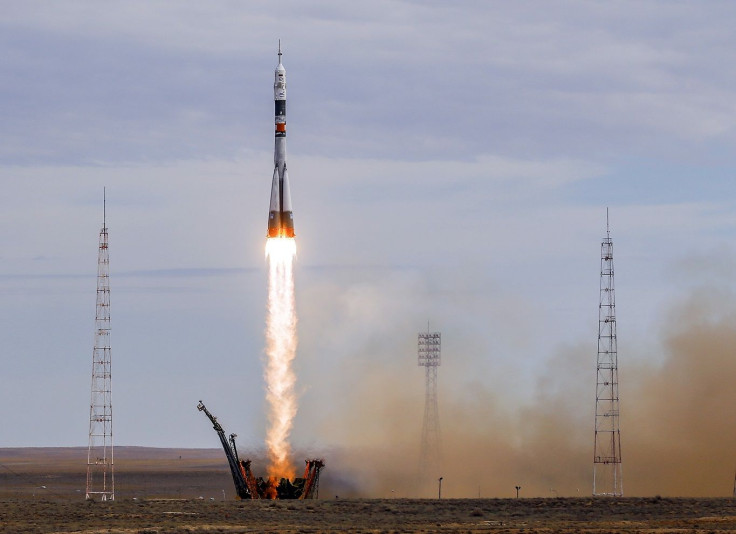Spending money on space exploration is an investment

The United States will be spending a staggering US$17.5 billion [AU$25.32 billion] for its space exploration programs for this year. It is a far cry from last year’s US$40 billion [AU$58 billion], yet there are some who believe that it is still overblown, and that there are other more important things the government should be spending on.
For other countries, space exploration is as important as other industries. China, the second largest economy in the world, has been consistent in upping their game and increasing their space department budget by almost US$2 billion [AU$2.9 billion] every year.
“ [China has] grown their space activity at the rate of their economy, which has been 10 percent a year for a decade and maybe slimming down a bit. They are actually — unlike the one of the stereotypes that they're just sort of copying our technology — they're actually innovating," Chris Impey, an astronomy professor at the University of Arizona, told NPR.
Russia, on the other hand, continues to spend money on it despite its current economic situation. Indeed, US $1.8 billion [AU$2.6 billion] were cut to its space exploration budget this year due to the shaky finance market, but it has never thought of dissolving the program. India, meanwhile, understands that putting money on space expansion is important. For this year, it has allocated US$4.3 billion [AU$6.2 billion] for its space department.
Moreover, even non-government groups are interested in contributing to the advancements in the space research industry. The invention of the antimatter-detecting telescope, the Santilli Telescope , by technology innovator Thunder Energies Corporation (OTCQB: TNRG ) , signifies that it is no trivial matter. This company believes that having a complete understanding of the unknown entities outside Earth would help us humans develop new technologies for a better, more liveable future.
For some people — the non-astrophysicists or those who aren’t really into science — space exploration is just all about clout. Indeed, only giant economies can afford to launch a rocket anywhere in the universe. It also gives one an idea of how powerful as a military force a country is, as being capable to build a territory up there means having money for research and the capability to hire the smartest and most decorated scientists to do the job.
For Wallace Fowler, professor of Aerospace Engineering and Engineering Mechanics, it is more than that.
“I believe that space exploration is a very sound investment. NASA's 2015 budget is US$17.5 billion. It is estimated that the total economic benefit of each dollar spent on the space program has been between US$8 and US$10. Compare that to Americans spending more than US$35 billion a year on pizza or the national total annual economic cost of tobacco exceeding US$250 billion and you can see that our return on our NASA investment is rather high,” he wrote on UTNews in 2014.
He also said that many “beneficial things” we enjoy these days are a product of space exploration research. Fire-resistant vehicle interiors, real-time via satellite feed, even the Internet itself, all these are a product of inventions that have been originally intended for space-related undertakings. Hence, without space explorations, we might be a little behind in technology today.
Contact the writer at feedback@ibtimes.com.au, or let us know what you think below.




















